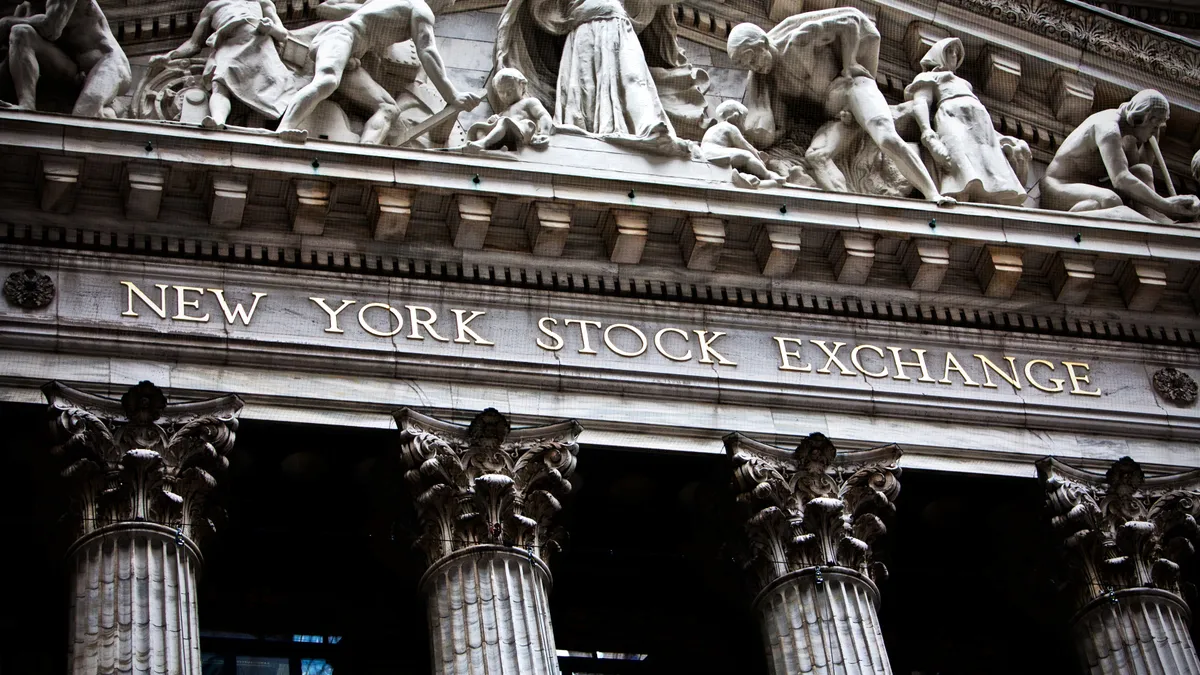Dive Brief:
- Boston Scientific CEO Mike Mahoney told investors Wednesday the company's structural heart portfolio, along with sales growth in China and Japan, are the key levers that could help it reach 8% organic revenue growth in 2019. The optimism follows second quarter sales of about $2.63 billion, in line with expectations, representing 5.6% reported growth or 6.3% organic growth.
- After slashing revenue targets in April for drug-eluting stent Eluvia amid uncertainty on FDA's position on paclitaxel devices, executives said they anticipate regulators will release an update in August that, if it's in line with comments from the agency's related advisory panel in June, should enable Eluvia to be "a nice growth driver" in the U.S. as well as Japan.
- The company also reported it just received a positive reimbursement decision from Japanese regulators on its Watchman device, which it plans to launch there in September.
Dive Insight:
Boston Scientific's prolific M&A activity largely defined its 2018. This year, the company's cardiovascular devices dominate its storyline.
Mahoney said stroke risk reduction device Watchman has grown ahead of plan, with 600 accounts in the U.S. to date. Boston Scientific is set to launch the device in Japan in September with reimbursement, which Mahoney said will start showing benefits in the fourth quarter. Executives expect a mid-2020 U.S. launch for the latest version of the device, Watchman FLX, which is already being sold in Europe.
In transcatheter aortic valve replacement, the company is looking to build on its U.S. offerings. It began a controlled launch of its Lotus Edge system last quarter after receiving U.S. approval in April. Boston Scientific is now making progress on bringing another TAVR option, its Acurate neo2 system, to the U.S. The company initiated a randomized study of intermediate, high and extreme-risk patients intended to support a premarket submission to FDA.
Boston said it anticipates a mid-2020 launch of the device in Europe, which Mahoney said has been slowed due to the relatively few notified bodies available leading up to implementation of the EU's new medical device regulations.
Cerebral protection system Sentinel, acquired in July 2018 from Claret Medical for use in TAVR procedures, is likely to be a "strong second half story" for the company, Mahoney said. Although Boston Scientific does not have a valve approved for low-risk TAVR patients, the Sentinel device is being used in low-risk TAVR procedures with competitors' valves.
Building on a number of product launches in the endoscopy business, up 6.3% on the quarter, Boston Scientific affirmed it's on track for FDA clearance of a single-use duodenoscope product by year's end, which Mahoney called "a significant opportunity in 2020 and beyond."
Neuromodulation revenues, on the other hand, were roughly flat, year to year. Sales of deep brain stimulation devices helped offset weaker spinal cord stimulation results, whose U.S. growth declined during the quarter.
The company experienced 12.3% reported growth in emerging markets, which Boston Scientific said was largely catalyzed by China.
Boston Scientific only has one acquisition under its belt in 2019, compared to ten in 2018. Mahoney told investors the company has a "prolific VC portfolio" which it will likely pull from over the next two years, and has "nice capacity in 2020 for tuck-in acquisitions."
Boston Scientific maintained its projected full year revenue growth of 7% to 8%. The guidance does not include potential gains from the acquisition of BTG, which executives said has taken longer than the company anticipated because it needs to divest its embolization beads business, and reiterated is likely to close in August.
Shares in Boston Scientific were down slightly in early trading Wednesday.












